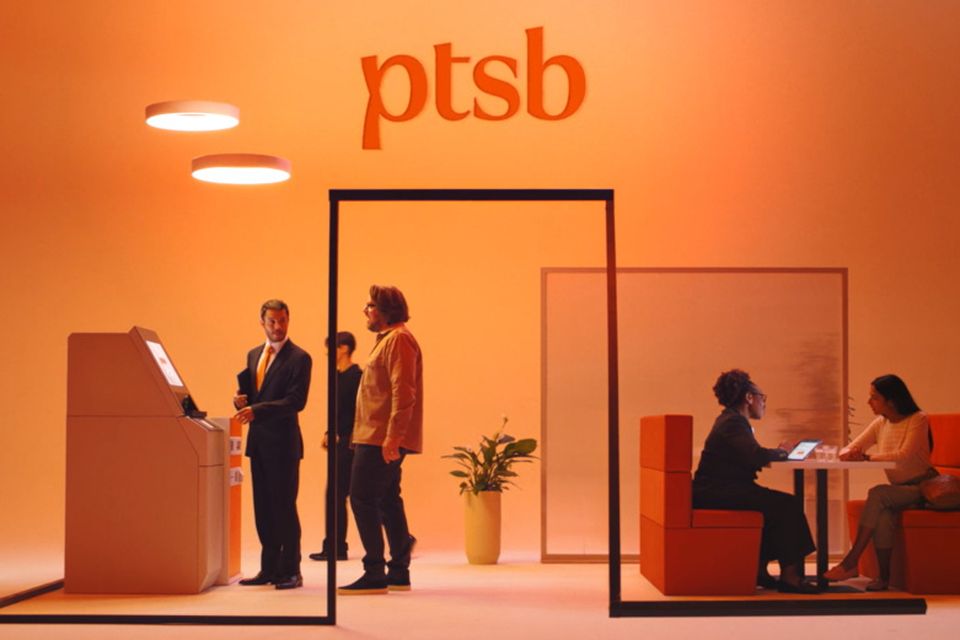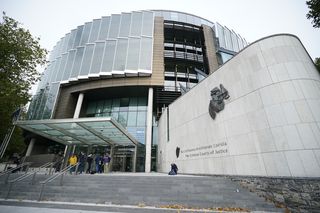Investment bank Goldman Sachs takes an almost 6pc stake in PTSB
Global investment bank now a shareholder alongside Government and entrepreneur Eamon Waters
PTSB has a market capitalisation of €747m
Global investment bank Goldman Sachs has taken a near 6pc stake in PTSB, in what will be seen as validation of the Irish lender’s longer term outlook.
The 5.8pc stake that Goldman Sachs told the stock market it now owns in the Irish bank is valued at €43.4m based on PTSB’s share price on Wednesday afternoon. The bank has a market capitalisation of €747m, with the State owning just over 57pc of the company following its bailout during the financial crisis.
Goldman Sachs confirmed in a regulatory filing that it breached the 5pc ownership level last Friday. Investors with more than a 3pc stake of a publicly listed firm have regulatory requirement to reveal their ownership details.
Other shareholders in PTSB include Sretaw Private Equity, the investment firm controlled by Irish entrepreneur Eamon Waters. Sretaw current has a 7pc stake in the lender. He also has a more than 10pc stake in stock market-listed Irish insurer FBD and a holding in Irish hotel operator Dalata.
Shares in PTSB have declined about 45pc in the past year.
They also sank last week after it lowered its guidance for 2024 and 2025 and chief executive Eamonn Crowley said that PTSB is unlikely to start paying dividends again until 2026. Shares in PTSB are now trading at a 60pc discount to local peers - a long-term low, noted a Bank of America analyst this week.
The lender reported an underlying pre-tax profit of €166m, helped by former Ulster Bank loans that it acquired as its rival exited the Irish market. The underlying profit compared to the €45m it generated in 2022.
PTSB’s total performing loan book stood at €20.9bn at the end of 2023. That was €1.8bn higher than a year earlier. The growth was driven by business banking and consumer finance, which offset a decline in new mortgage lending.
New consumer term lending was broadly in line with the prior year, at €2.8bn, while new mortgage lending of €2.3bn was 11pc lower year-on-year. But the lender had a bigger, 19pc share of a smaller market. It recorded a pre-tax profit of €79m following inclusion of negative goodwill following the purchase of the retail and business banking operations from Ulster Bank.
Customer deposits rose to €23bn, but costs jumped 25pc to €496m across the year as the workforce expanded. Even so, the bank’s cost to earnings ratio declined.
Mr Crowley said the bank is now positioned as “a real challenger” to AIB and Bank of Ireland.
Join the Irish Independent WhatsApp channel
Stay up to date with all the latest news















